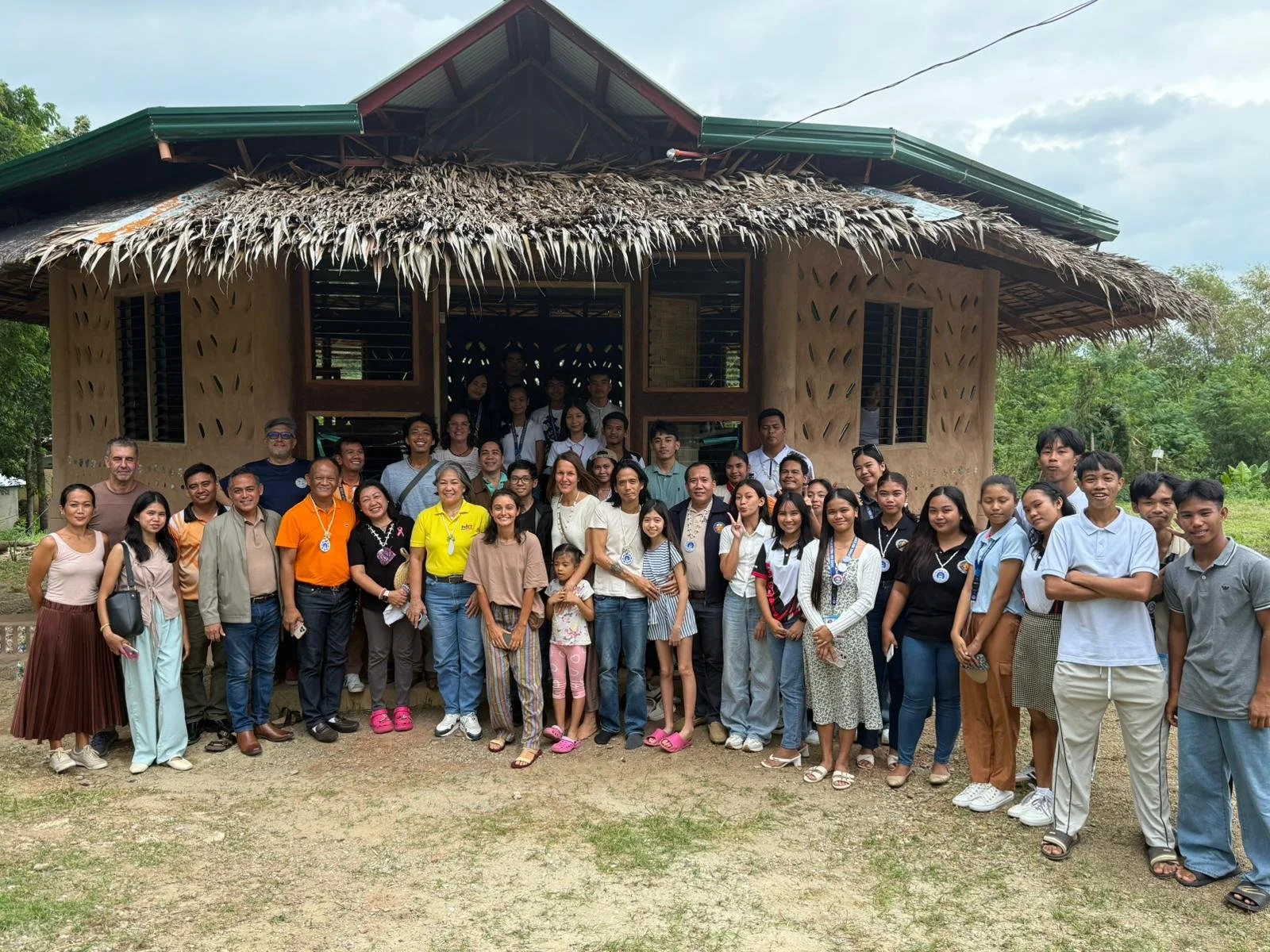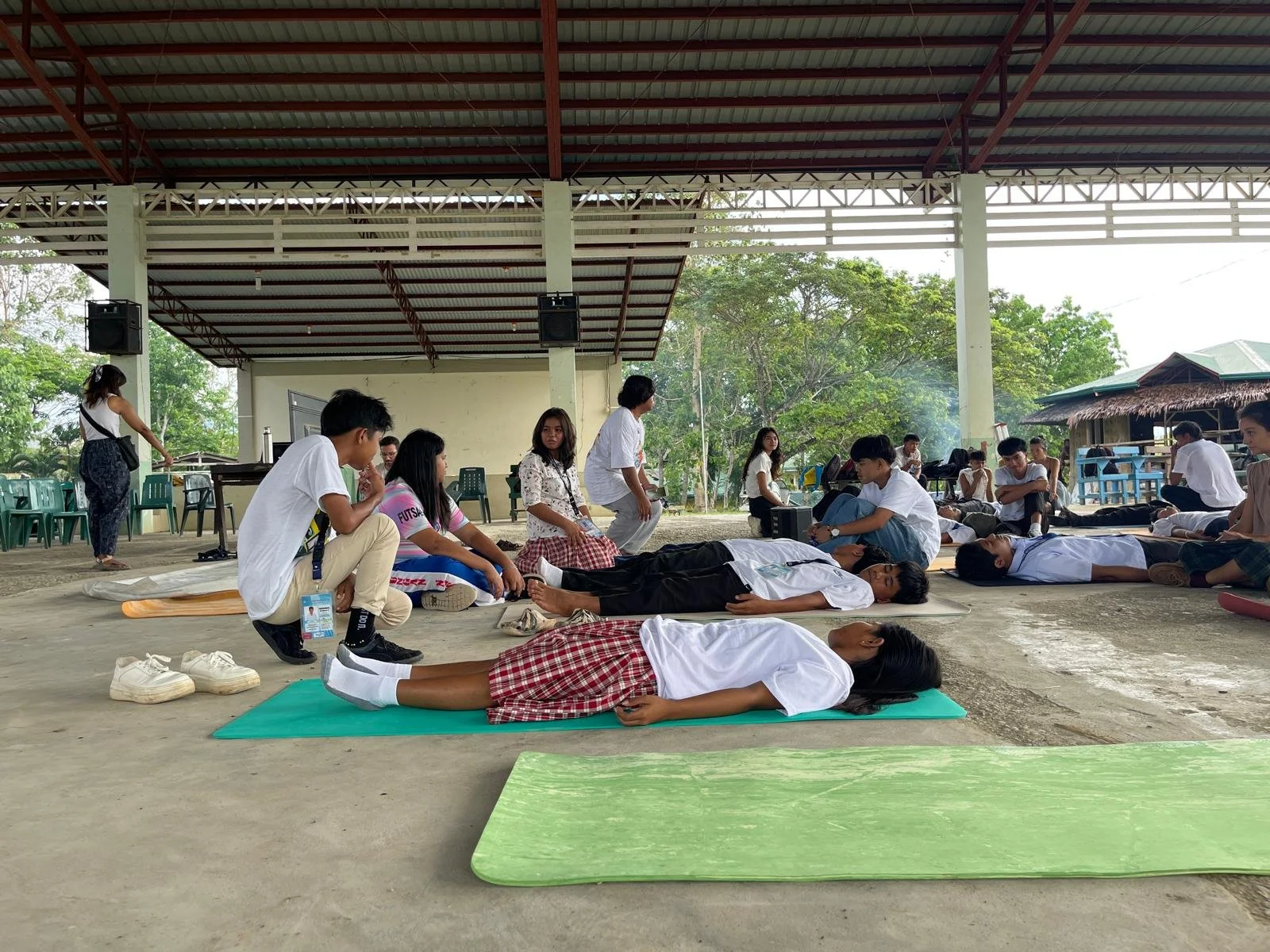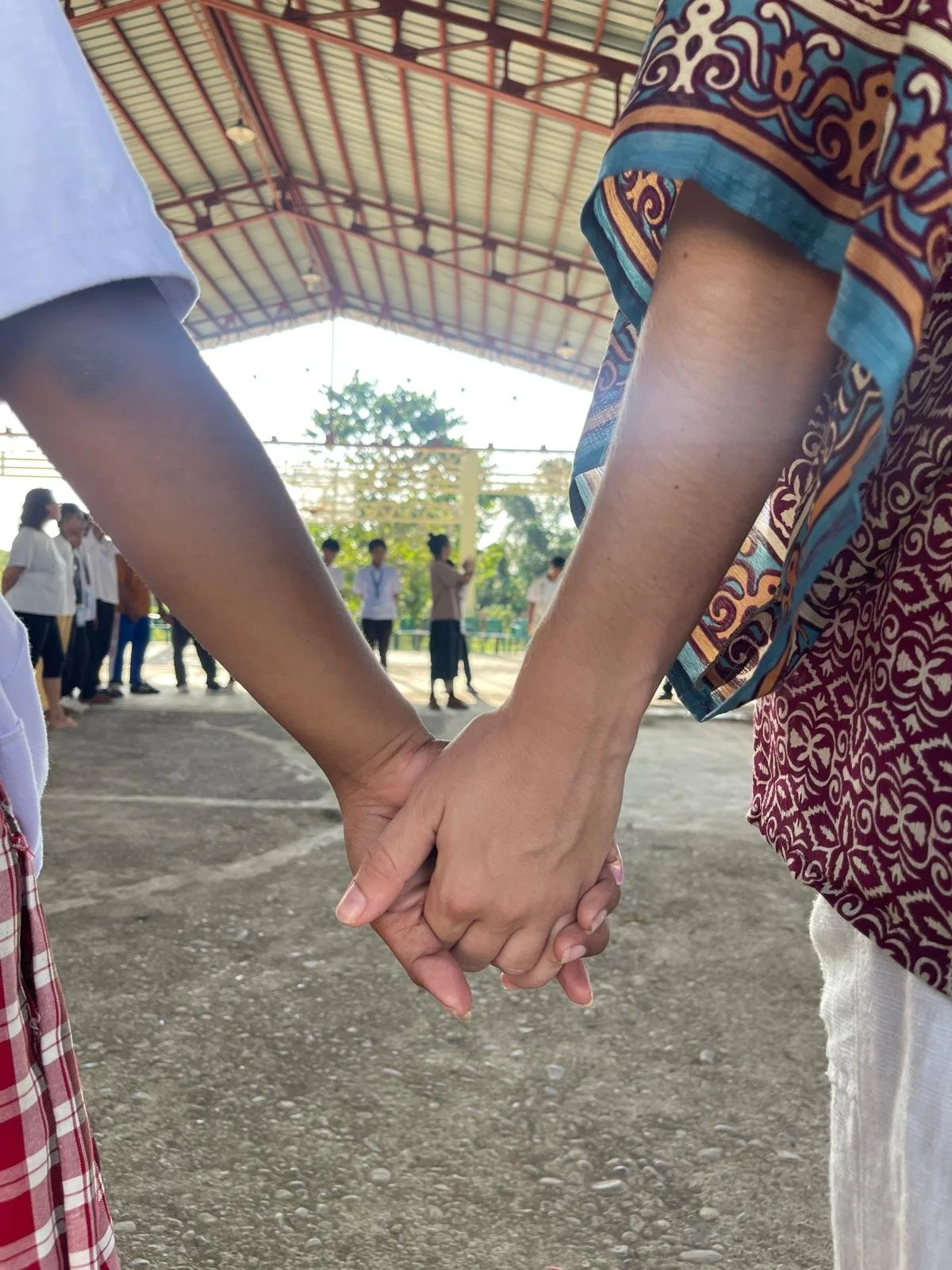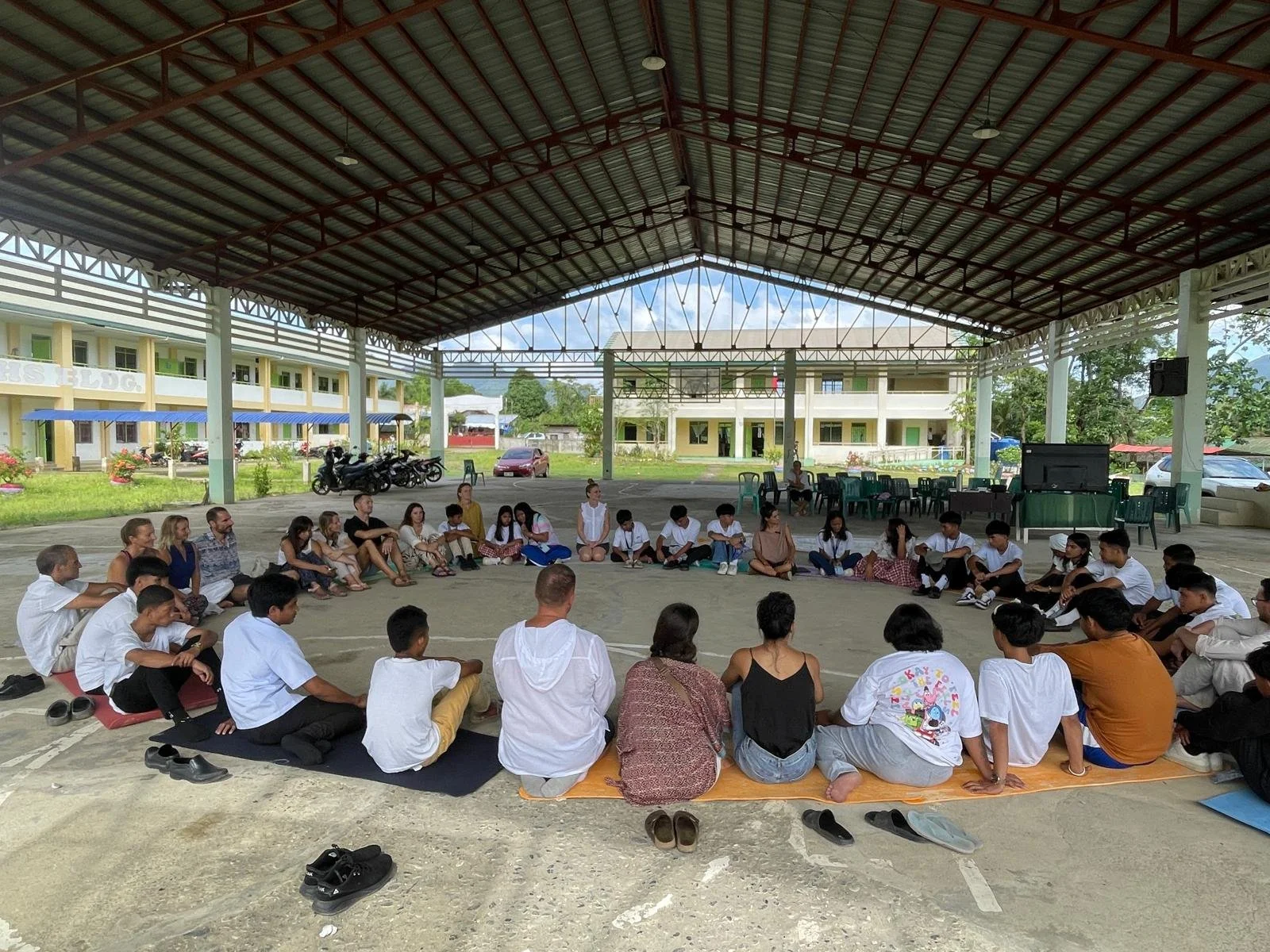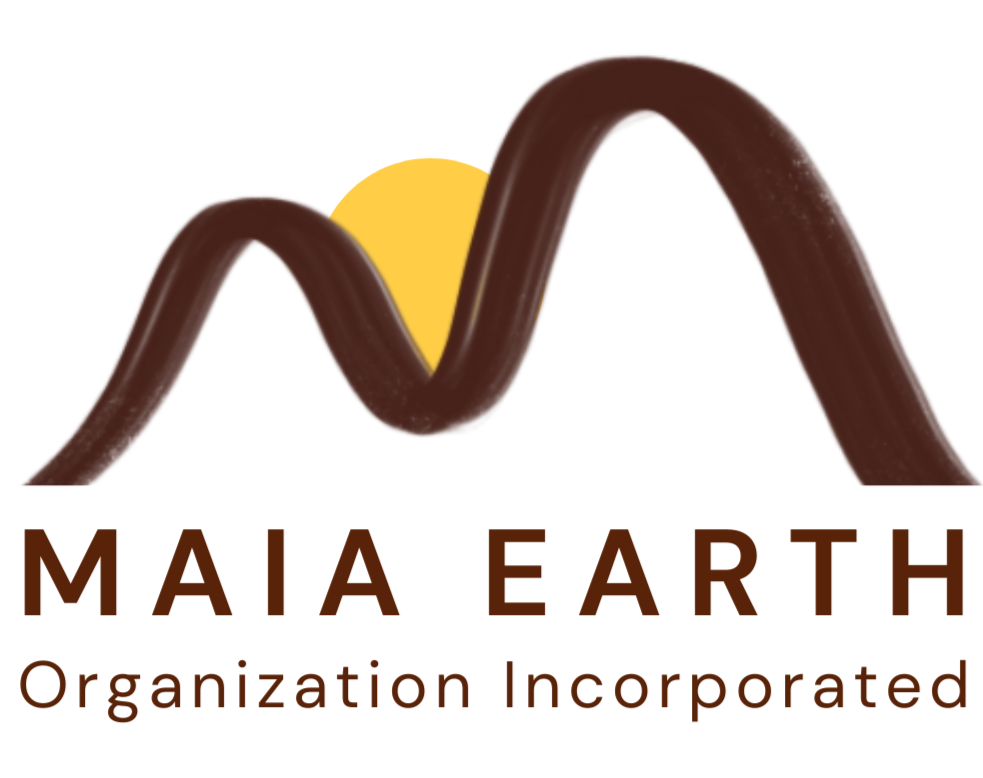Education meets Earth Care
Beyond the Classroom: Back to Land, Back to Community
Our advocacy for Earth care has always been connected to Education, as we value the importance of active learning in times of deep ecological and social crises, where education must go beyond preparing young minds for jobs— but prepare them for life. When rooted in real experiences, shared knowledge, and the wisdom of place, education becomes a powerful tool for regeneration: of land, of culture, of community.
During the 2019 Covid pandemic, Maia Earth opened its doors to host children and teenagers who sought a place where they could learn and develop. Rather than confined classrooms, we support learning that unfolds beneath trees, beside gardens, and in shared spaces where knowledge is co-created and deeply felt. These are places where children grow in tune with the rhythms of the land—observing, asking, tending, and imagining.
Our space is entirely co-designed with the children who attend our gatherings. Besides putting their hands on the gardens, the building blocks of their classroom, they also have a say in what to learn. Such Participatory decision-making ensures that learning remains relevant, responsive, and rooted in values of sustainability, and well-being.























Creativity, Connection, and Culture: Bahay Pangarap, a model of student-led project in Bacungan National High School
In 2023, we started a project in collaboration with the Department of Education (DepEd) and Malaya Permakultura that culminated in the construction of an eco-built classroom inside the vicinities of Bacungan National High School. Our long term partnership with DepEd opened doors for students to learn natural building techniques, get in touch with artistic expression, music and overall the sense of community.
The project offered practical and technological support for avid learners of different ages, boosting creativity, empathy and empowering students. Around 800 students contributed with the project, that started with meetings guided by sound in which they would envision what the classroom could be like. Proceeding to plastic sequestration through the means of Ecobricks, used as the base of the classroom and then the actual building, designing, painting and landscaping.
The building will serve as a container for classes regarding Music, Arts, Physical Education and Health (MAPEH), which are components of the curriculum in The Philippines. With the support from our NGO, MAPEH now will have a Wellness and Brain-Based Learning Model component, a next-generation approach to education that fuses standard curriculum with embodied wellness, EEG-supported neuroscience, emotional intelligence, and creative expression.
